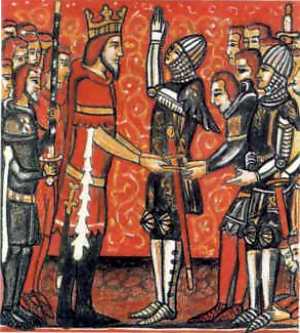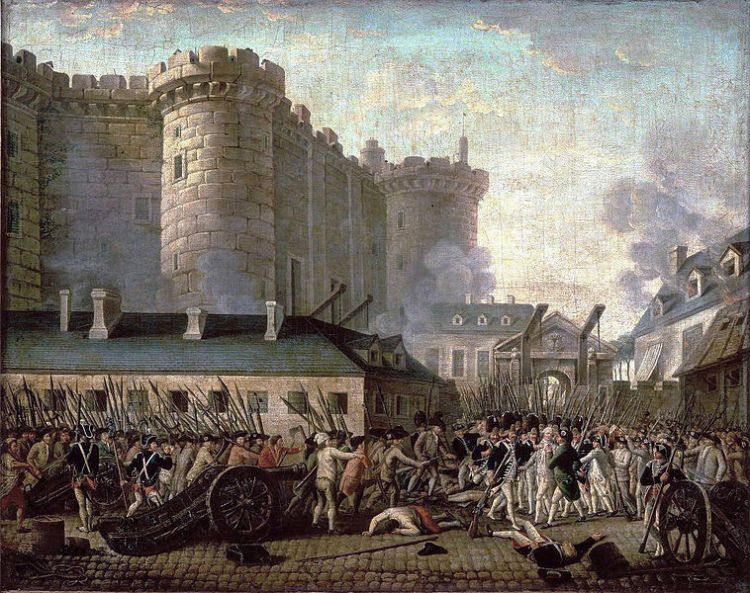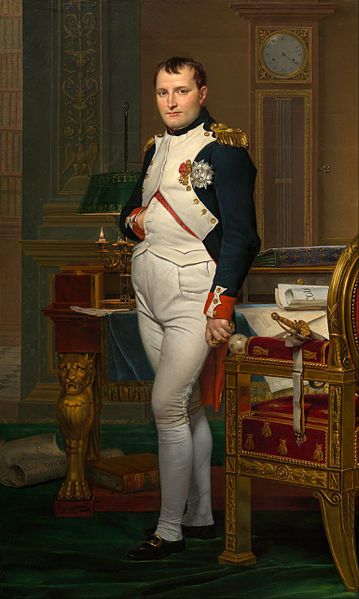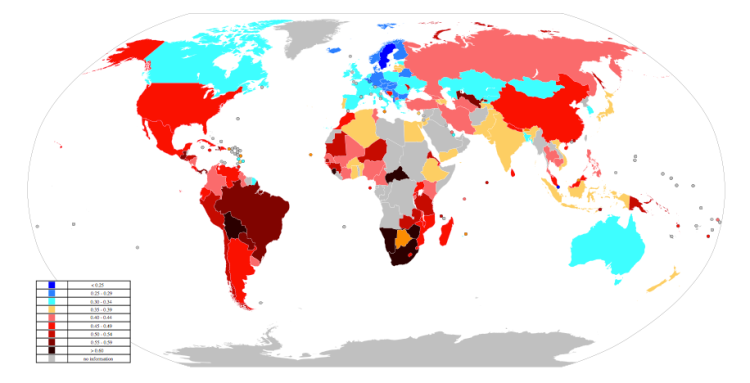
Logo of the UNESCO World Heritage Committee
A UNESCO World Heritage Site is a place (such as a forest, mountain, lake, island, desert, monument, building, complex, or city) that is listed by the UNESCO as of special cultural or physical significance. The list is maintained by the international World Heritage Programme administered by the UNESCO World Heritage Committee, composed of 21 states’ parties which are elected by their General Assembly.
The programme catalogues, names, and conserves sites of outstanding cultural or natural importance to the common heritage of humanity. Under certain conditions, listed sites can obtain funds from the World Heritage Fund. The programme was founded with the Convention Concerning the Protection of the World Cultural and Natural Heritage, which was adopted by the General Conference of UNESCO on 16 November 1972. Since then, 190 states parties have ratified the Convention, making it one of the most adhered to international instruments. Only the Bahamas,Liechtenstein, Nauru, Somalia, South Sudan, Timor-Leste and Tuvalu are not Party to the Convention.
As of 2013, 981 sites are listed: 759 cultural, 193 natural, and 29 mixed properties, in 160 states parties. By sites ranked by country, Italy is home to the greatest number of World Heritage Sites with 49 sites, followed by China (45), Spain (44), France and Germany (both 38). UNESCO references each World Heritage Site with an identification number; but new inscriptions often include previous sites now listed as part of larger descriptions. As a result, the identification numbers exceed 1,200 even though there are fewer on the list.
While each World Heritage Site remains part of the legal territory of the state wherein the site is located, UNESCO considers it in the interest of the international community to preserve each site.
Source: Wikipedia.




